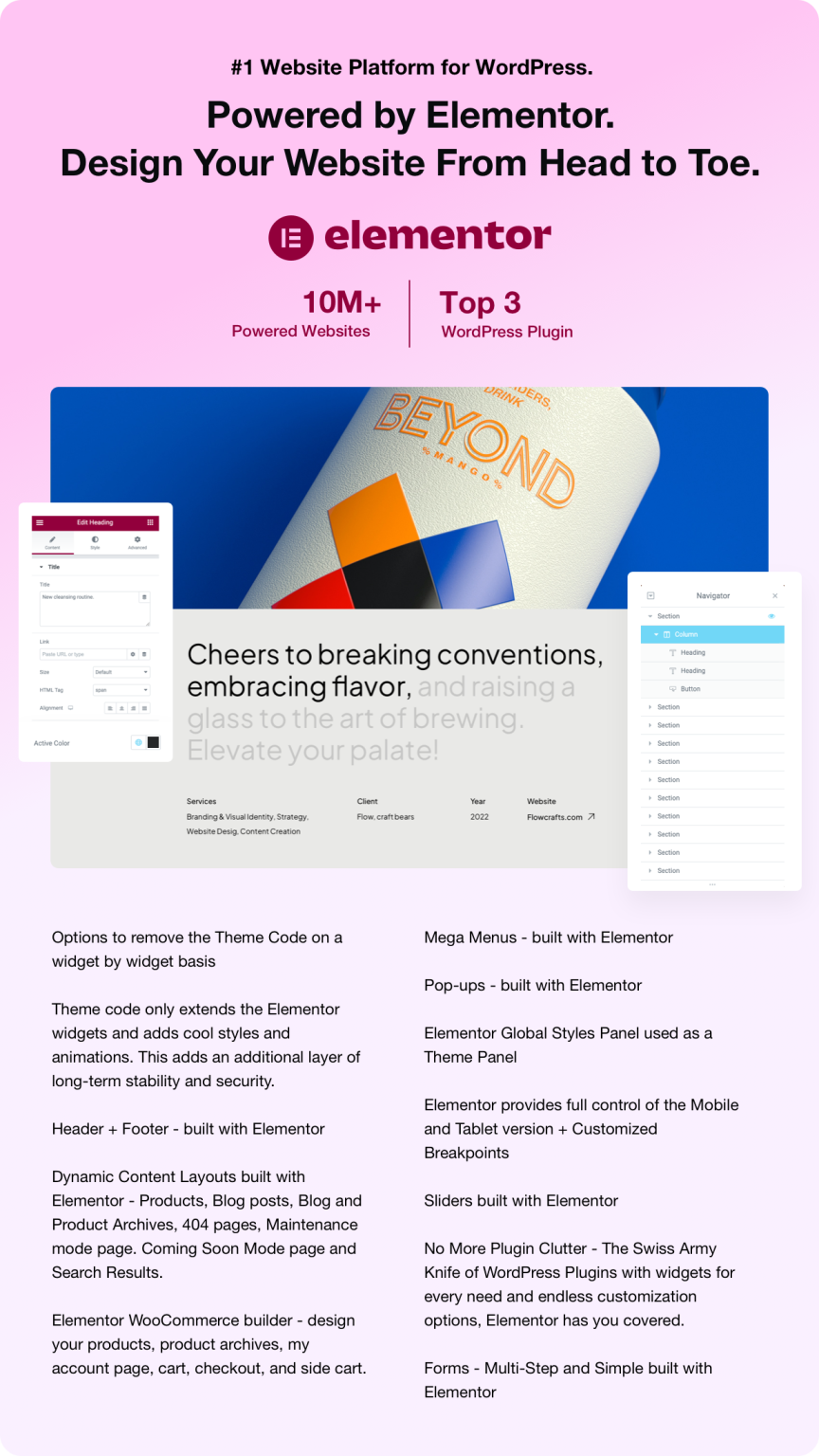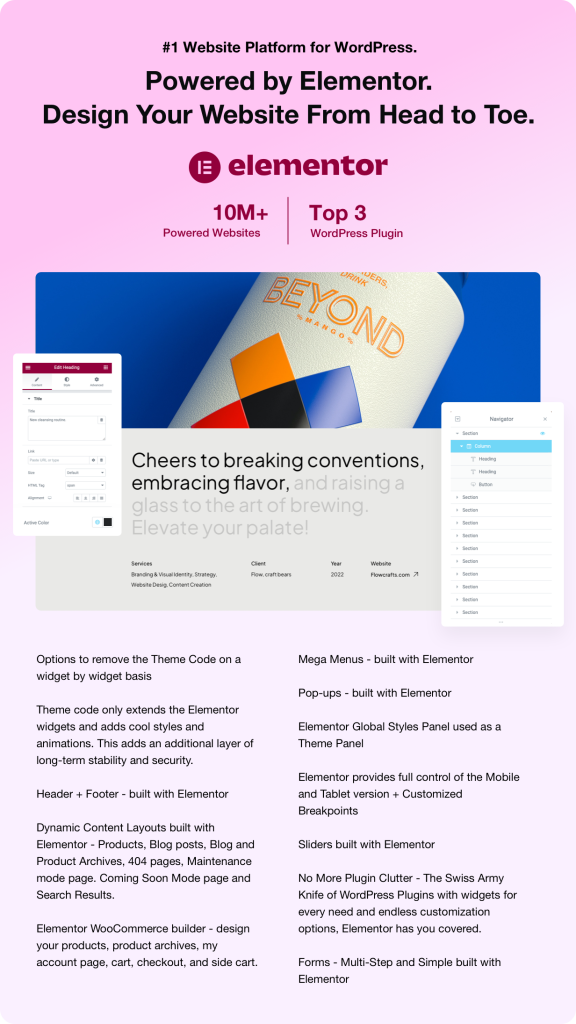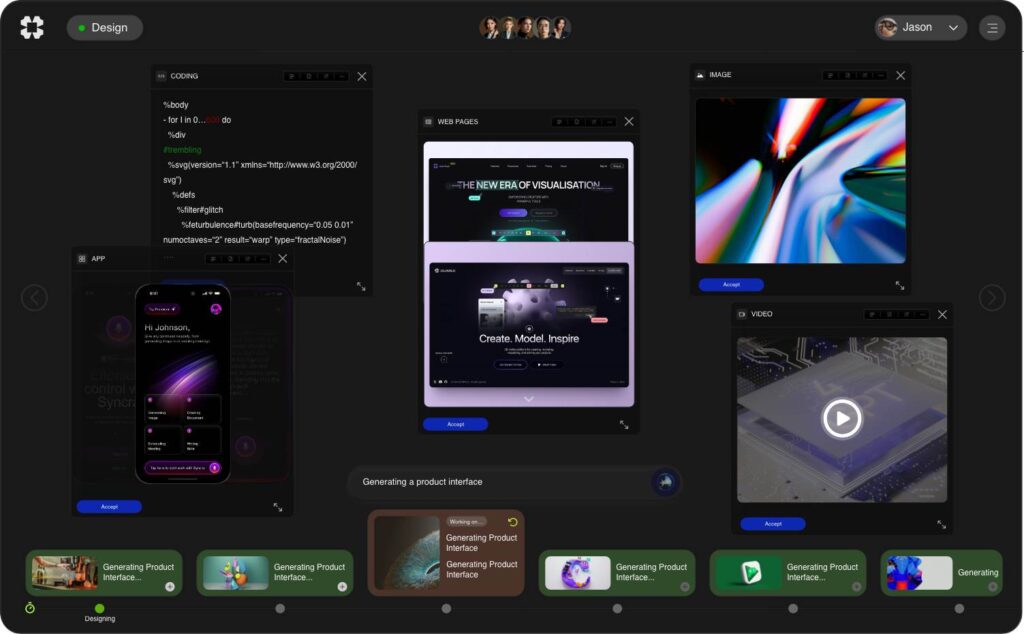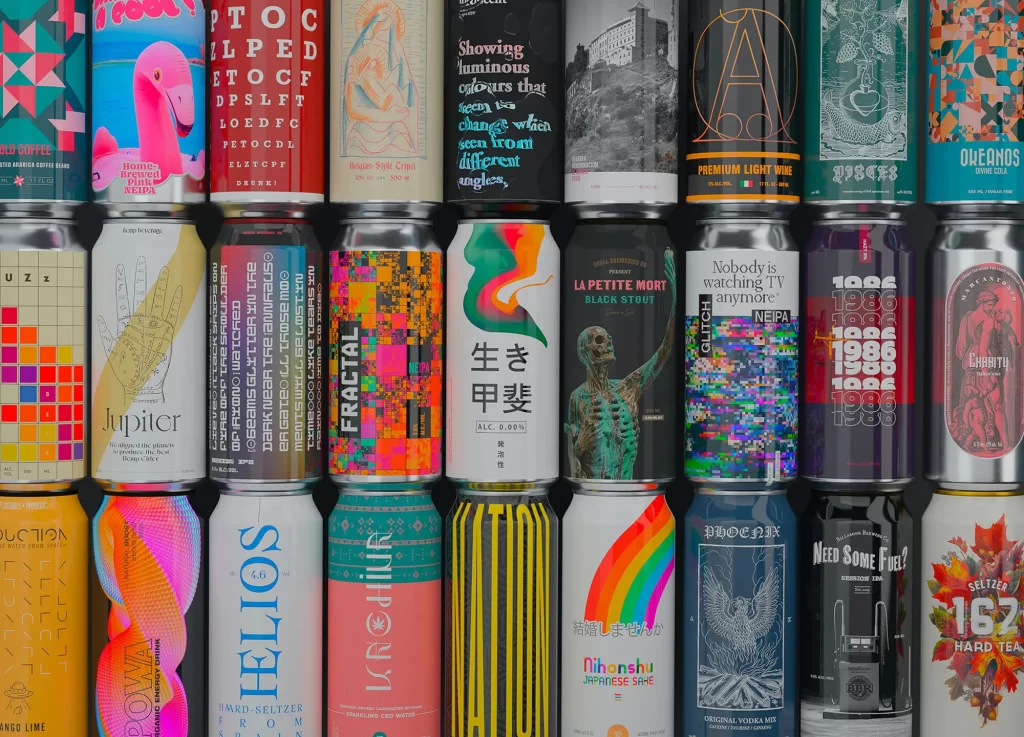The advent of artificial intelligence (AI) has disrupted the traditional paradigms of various industries, and retail is no exception. As consumers increasingly seek personalized experiences and seamless interactions, retailers are adopting AI for retail automation to deliver optimized shopping experiences, improve operational efficiencies, and ultimately drive sales. From inventory management to customer engagement, AI-enabled intelligent systems are revolutionizing the retail landscape. This article explores the latest trends, solutions, applications, and insightful use cases of AI in the retail industry.
## Trends in AI for Retail Automation
The retail landscape is experiencing a significant shift driven by AI technologies that refine the retail experience. A report by McKinsey highlights that companies that embrace AI can potentially achieve a 50% improvement in performance across various metrics, including sales growth and cost optimization. One prominent trend is the adoption of AI-driven chatbots and virtual assistants, which can engage customers at any time, answer inquiries, and facilitate sales transactions. Retailers can leverage these systems to provide 24/7 customer service and enhance consumer satisfaction.
Another notable trend is predictive analytics, which uses machine learning algorithms to analyze data and forecast customer behavior and inventory requirements. This allows retailers to stock products that align with customer demand, reducing waste and improving profit margins. As a result, businesses can create tailored marketing strategies that address specific customer segments.
## Solutions Offered by AI-Enabled Intelligent Systems
AI for retail automation encompasses a wide array of solutions designed to enhance efficiency and improve decision-making processes. AI-enabled intelligent systems can process large volumes of data in real-time, recognize patterns, and provide actionable insights. One of the key solutions is personalized recommendation systems, which analyze customer purchasing behavior and preferences to suggest products that match individual tastes.
Technologies such as Natural Language Processing (NLP) are employed to enhance customer interactions. AI applications like Grammarly AI can also contribute to better communication in marketing content and customer service messages. By ensuring that communications are clear, concise, and grammatically correct, retailers can improve the overall customer experience.
Furthermore, AI-driven analytics tools allow retailers to visualize market trends and insights, enabling proactive decision-making. These systems help retailers assess sales performance, track customer engagement, and analyze marketing initiatives, providing significant strategic advantages.
## Industry Applications of AI in Retail
The implementation of AI in retail spans various applications that deliver measurable outcomes. Inventory management is one of the most critical areas where AI can streamline processes. AI systems can predict stock levels and automate reordering, minimizing out-of-stock situations and reducing excess inventory costs.
Additionally, AI-powered visual recognition technology is transforming in-store experiences. Retailers utilize cameras and sensors integrated with AI algorithms to analyze foot traffic and customer behavior, allowing for data-driven store layouts and product placements. This not only maximizes sales opportunities but also enhances the overall shopping experience.
AI also plays a significant role in fraud detection and prevention. Machine learning models can identify unusual transaction patterns in real-time, helping retailers mitigate losses caused by fraudulent activities. The ability to act swiftly on potential fraud threats is crucial in maintaining customer trust and ensuring revenue protection.
## Technical Insights into AI for Retail Automation
Delving deeper into the technical aspects, AI for retail automation leverages various machine learning models and algorithms. For example, collaborative filtering is a popular technique used in recommendation systems that analyze user behavior and preferences to suggest relevant products. This method uses historical data to predict future purchasing patterns, which enhances the personalization of customer interactions.
Another important concept is deep learning, which involves more complex neural networks that can learn from vast datasets. This technology is often incorporated into visual recognition systems, allowing retailers to analyze images and videos for insights into customer behavior and preferences. Techniques such as Convolutional Neural Networks (CNNs) have proven effective in image classification tasks, such as identifying customer demographic groups or understanding product popularity based on in-store presentations.
Moreover, reinforcement learning has been emerging as a key approach in optimizing pricing strategies for retailers. By learning through trial and error, AI systems can dynamically adjust prices based on market conditions, competitor actions, and customer behavior, ultimately maximizing sales and profit.
## Industry Use Cases: Success Stories in AI deployment
Numerous retailers have successfully integrated AI for retail automation into their operations, leading to impressive results. One such case is Walmart, which employs AI to enhance inventory management and optimize supply chain processes. By leveraging predictive analytics, Walmart has significantly reduced inventory costs while increasing product availability, ultimately boosting customer satisfaction.
Another pioneering example is Amazon, known for executing AI-driven recommendations that personalize the shopping experience. Its robust recommendation algorithms analyze user data and browsing behavior, resulting in higher conversion rates and increased sales volume. Further, Amazon’s use of AI in logistics, via automated warehouses and drones, illustrates the potential for AI to streamline operations and deliver goods more efficiently.
In the fashion retail sector, companies like Stitch Fix utilize AI-enabled intelligent systems to create personalized shopping experiences. By combining machine learning with human stylists, Stitch Fix can offer tailored clothing selections, enhancing customer satisfaction and loyalty.
Finally, industry leaders such as Lowe’s have harnessed augmented reality combined with AI to strengthen the in-store experience. Using AR tools, customers can visualize how products will look in their homes, facilitating better purchase decisions and increasing customer engagement.
## Conclusion: The Future of AI in Retail Automation
As AI for retail automation continues to evolve, its implications for the retail industry are profound. By adopting AI-enabled intelligent systems, retailers can enhance operational efficiencies, better understand customer behavior, and create personalized shopping experiences. The future holds exciting potential for the integration of AI within retail, particularly with advancements in technologies such as machine learning, NLP, and visual recognition.
Organizations that proactively embrace these technologies will likely remain ahead of the competition and cultivate a loyal customer base. Retailers must now navigate the rapid changes, invest in AI resources, and focus on innovative strategies to leverage the full spectrum of benefits associated with AI for retail automation.
By consistently evolving with the latest trends and solutions, the retail industry stands poised to reshape itself into a more responsive, engaging, and smart ecosystem that meets the ever-changing demands of consumers today. The integration of systems like Grammarly AI into their communication striving toward clarity will only enhance the consumer experience further, instilling confidence in the brands as they step into the future.
Sources:
– McKinsey & Company: AI in Retail
– Forbes: AI in Retail
– Harvard Business Review: The Technical Side of AI & Retail
– Business Insider: Case Studies on AI use in Retail Industry





















